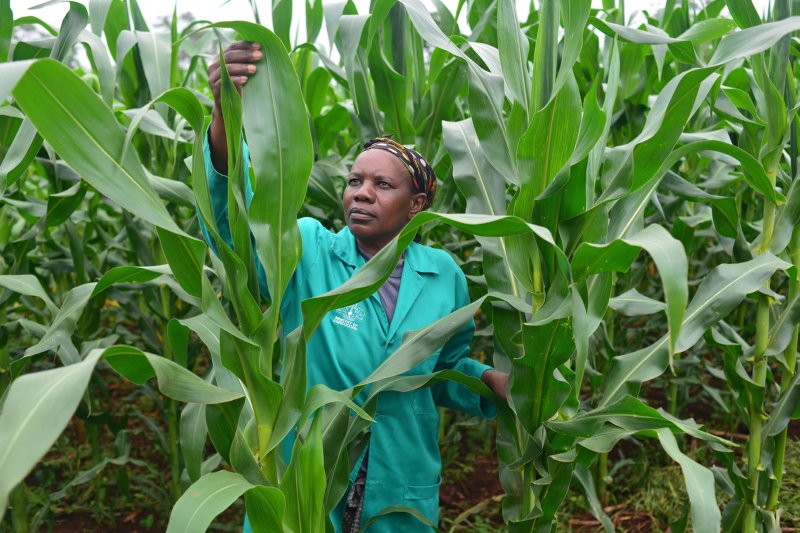Africa leads the progress among the regions of the world in adopting biotech crops by doubling the number of adopting countries in 2019. This is according to the latest report of the International Service for the Acquisition of Agri-biotech Applications (ISAAA) on the Global Status of Commercialized Biotech/GM Crops in 2019 (ISAAA Brief 55).
Africa has been regarded as the region with the biggest potential to benefit from biotech crop adoption because of the immense problems relating to poverty and malnutrition in the region. From an initial list of biotech adopters in 2018 including South Africa, Sudan, and eSwatini, an addition of three more countries (Malawi, Nigeria, and Ethiopia) decided to harness the benefits of biotech crops in 2019. Kenya announced the commercialization of biotech cotton at the end of 2019, with plantings that started in 2020.
Aside from these developments, significant progress in biotech crop research, regulation, and acceptance has been evident in Mozambique, Niger, Ghana, Rwanda and Zambia.
With the addition of three African countries, the number of countries planting biotech crops in 2019 increased to 29 from 26 in 2018. The top five countries with the widest area of biotech crops were the USA, Brazil, Argentina, Canada, and India. With high adoption rates of principal biotech crops in these countries, approximately 1.95 billion people or 26% of the world reaped the benefits of biotechnology in 2019.































